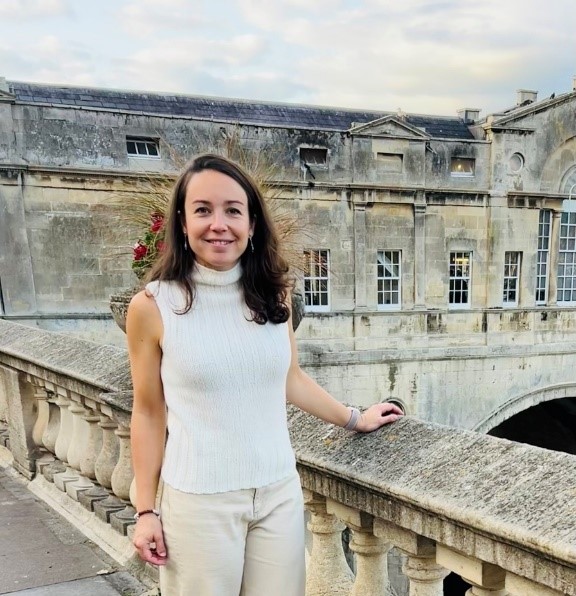.png)
Action for Pulmonary Fibrosis (APF) is excited to announce our newly launched Small Research Grant Programme has allocated £20,000 to support UK based researchers in advancing evidence to improve care and treatment for people living with pulmonary fibrosis (PF).
These projects will focus on understanding the real-world impact of sleep disordered breathing and uncovering delays in diagnosis and treatment across the UK. Both studies are designed to generate evidence that can help to transform patient care, inform national guidance and improve quality of life for people with PF.
Spotlight on sleep: Investigating sleep disordered breathing in PF
Lead Researcher: Dr Louise Crowley, University of Birmingham
Co-researcher: Dr Dhruv Parekh, University of Birmingham

Sleep disordered breathing (SDB) is common but often overlooked in people with PF. Conditions such as obstructive sleep apnoea can lead to drops in oxygen levels overnight, affecting both quality of life and potentially the progression of PF.
This project will investigate:
- How common SDB is among people with PF and how it is detected and managed in routine care.
- Barriers to diagnosis and treatment, including disparities across ethnic, socioeconomic or geographical groups.
- Risk factors that may help identify people with SDB earlier.
- How SDB and its treatment impacts quality of life, disease progression and survival.
Dr Louise Crowley said:
My research focuses on how we investigate and manage SDB in patients with lung fibrosis in real-world clinical practice. The research I performed during my PhD highlighted that these conditions may be under-recognised and poorly understood in lung fibrosis, and that this is an area that is important to our patients.
We hope this study will shed light on which patients are most likely to be investigated and diagnosed with these conditions. We are fortunate that our study uses a dataset based in the diverse city of Birmingham, which allows us to explore if clinical practice varies between ethnic and socioeconomic groups.
This study aims to make an overlooked aspect of PF visible, support the development of national guidance and ultimately improve care and outcomes for patients.
Mapping the journey: Understanding diagnosis and treatment pathways in the UK
Lead Researcher: Dr Ann Morgan, Imperial College London

PF can be challenging to diagnose. Patients often experience delays due to complex testing requirements, multiple referrals and sometimes misdiagnoses with more common respiratory conditions.
This project will:
- Map the full patient journey from first symptom appearing to when treatment starts.
- Identify where delays and barriers occur within the UK healthcare system.
- Highlight who is most affected by these delays.
Dr Ann Morgan said:
This funding will allow us to explore the many ways pulmonary fibrosis patients currently progress through the UK’s health service following the onset of symptoms, and to spot ways to speed up their diagnosis and treatment. In the longer term, I hope this research will contribute to pulmonary fibrosis care pathways becoming as robust and timely as those we have for conditions such as cancer.
The ultimate goal of this project is to provide evidence to improve clinical pathways and potentially develop a tool to help GPs identify patients at risk of PF earlier.
Driving Progress Through Research
Bradley Price, Director of Policy, Research and Involvement said:
We know that the only way to make change in PF is via bold research. It’s only through supporting innovative research like these projects that we can discover insights which will drive improvements for the lives of people with PF.
These projects represent APF’s commitment to funding research that addresses real-world challenges and makes a tangible difference for patients. Funding these projects wouldn’t be possible without the generosity of our supporters.
Every donation changes lives.
Donate here: Every gift, no matter the size, helps continue our vital work. Your donations fuel progress in research, care and support for people living with PF. Thank you.
Explore more:
